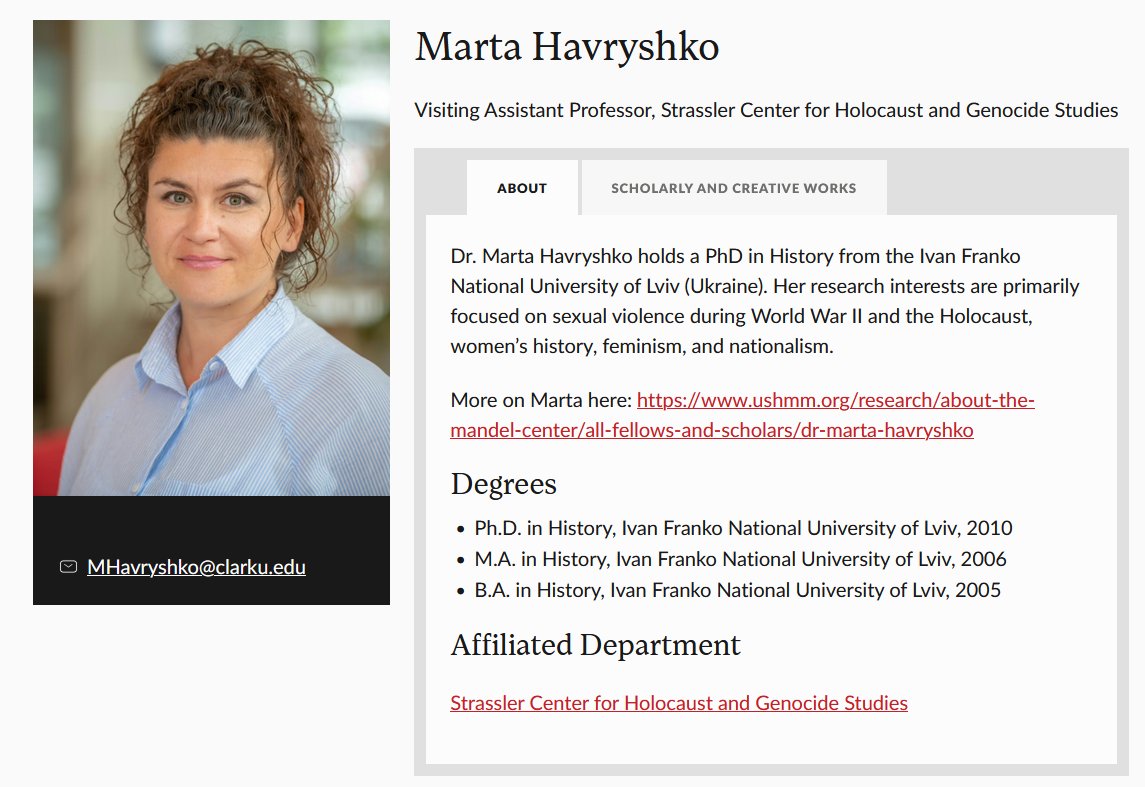In today’s #vatniksoup, I’ll discuss the Kremlin’s funding of Tennessee-based media company TENET Media. TENET Media is best-known for their promotion of Russian narratives and for strong support for Donald Trump in the upcoming 2024 US elections.
1/20
1/20

First, it’s worth stating that the funding originated from Kremlin-controlled RT, and that the funding was masked through shell companies in countries like Turkey, the United Arab Emirates, and Mauritius, with the money being described as payments for electronics.
2/20
2/20

The two individuals involved from RT, identified as Kostiantyn Kalashnikov and Elena Afanasyeva, have been charged with conspiracy to commit money laundering and conspiracy to violate the Foreign Agents Registration Act (FARA). These two also instructed the content creators.
3/20
3/20

TENET was founded in 2022 by Lauren Chen and Liam Donovan, who is also the president of the company. Chen is a contributor to Charlie Kirk’s non-profit Turning Point USA and she also wrote opinion pieces for RT between 2021 and 2022.
4/20




4/20




I have previously written about the shift in tactics of Russian information operations, suggesting that instead of using bot & troll accounts with limited following, they’ve started supporting social media superspreader accounts with huge reach.
5/20
5/20
https://x.com/P_Kallioniemi/status/1795047647436222667
Next, let’s look at the people involved in TENET media. Tim Pool, Benny Johnson, Dave Rubin and Lauren Southern are probably the biggest names in the bunch, and this group alone has a combined follower count on X of around 7 million. They also produce content on YouTube.
6/20




6/20




Out of the four, Pool was the one who went ALL IN with his videos. In one of his videos, he claimed that “Ukraine is the enemy of this country”, that Ukraine triggered the conflict by blowing up the Nord Stream pipeline, also suggesting that “we should apologize to Russia”.
7/20
7/20
Tim’s also been vocal over Ukraine on X, and especially on the US military aid to the country. He’s also suggested that Trump could potentially de-escalate the war quickly. Incidentally, these posts became much more common after TENET got their funding from Russia.
8/20




8/20




Johnson’s main talking points have revolved around stopping the Ukraine aid and emphasizing the domestic problems in the US (naturally caused by the evil Democrats). Apparently, he was paid 400,000 USD per month and also received a signing bonus of 100,000 USD.
9/20




9/20




In the case of Lauren Southern, the Russian connection is more evident - in 2018, she visited Moscow to meet with Aleksandr Dugin, a political philosopher who provided the blueprint for Russian imperialism in his 1997 book Foundations of Geopolitics.
10/20



10/20



Apparently the Russian operatives could influence the content posted by TENET media: Afanasyeva had requested the media company to post Tucker Carlson’s visit to Russian/French grocery store, even though one of the producers felt like it was “overt shilling”.
11/20


11/20


In another example, Afanasyeva told the company they should blame Ukraine for the Crocus City Hall terrorist attack, even though ISIS had previously claimed responsibility for the massacre. Chen replied that one of the influencers was “happy to cover it.”
12/20
12/20

According to the indictment, TENET media founders knew that both Kalashnikov and Afanasyeva were Russian, yet chose to work with them anyway. TENET media’s creators have a huge online reach - their 2,000 YouTube videos have amassed over 16 million views.
13/20


13/20


Dave Rubin has already claimed that him and the other commentators were “victims of this scheme”, but apparently they had no trouble in receiving money from a fake persona called “Eduard Grigoriann” without doing background checks or performing their due diligence.
14/20




14/20




Benny also referred to himself and the other influencers as “victims”, and, as a strong advocate for freedom of speech, threatened to sue anyone who claims otherwise.
So I’m not gonna call him a Russian agent, but I really do think he is both greedy and naive.
15/20
So I’m not gonna call him a Russian agent, but I really do think he is both greedy and naive.
15/20

On the other hand, this shows how easily these online political commentators can be bought to share specific political narratives, even when they’re formulated by the spin doctors of a foreign state. I guess anything goes when you’re paid 400,000 USD a month.
16/20


16/20


In reality, the Russian intelligence services prefer if you don’t know you’re working for them. A foreign agent can be witting (knowingly working for a foreign govt) or unwitting (unknowingly working for a foreign govt). The latter are often referred to as “useful idiots”.
17/20


17/20


Fortunately, it seems that US officials have become more efficient in detecting foreign influencing in the US elections - in 2016 and 2020 they fumbled badly, but this time they were able to report on a massive funding scheme before the elections actually took place.
18/20
18/20

Of course,the usual suspects have already started deflecting on the subject. For example, David Sacks has shifted the topic to “paid Ukrainian influencers”, completely oblivious to the fact that some people might actually defend a sovereign nation completely free of charge.
19/20
19/20

To conclude, Russia has shifted its online influencing strategy, and in addition to using vast bot and troll networks, they now provide monetary support for social media superspreader accounts via shell companies. And I think this is just the tip of the iceberg.
20/20


20/20


My book titled “Vatnik Soup - The Ultimate Guide to Russian Disinformation” will be published on 20 Sep 2024, you can now pre-order it from here (comes with extra goodies!):
kleart.dk/webshop/p/vatn…
amazon.com/Vatnik-Soup-Ul…
kleart.dk/webshop/p/vatn…
amazon.com/Vatnik-Soup-Ul…
• • •
Missing some Tweet in this thread? You can try to
force a refresh

































